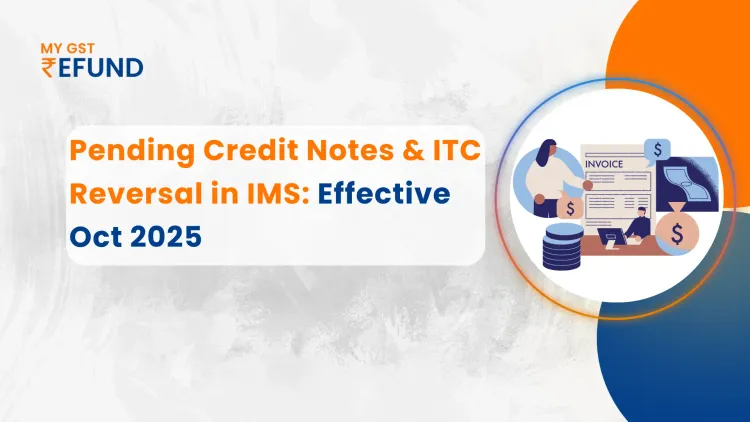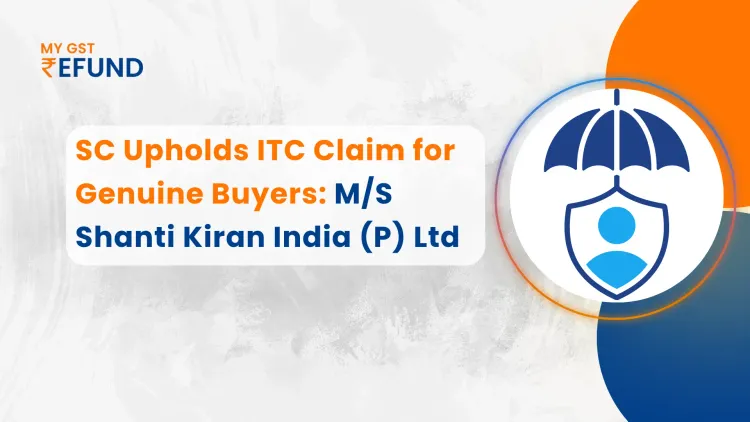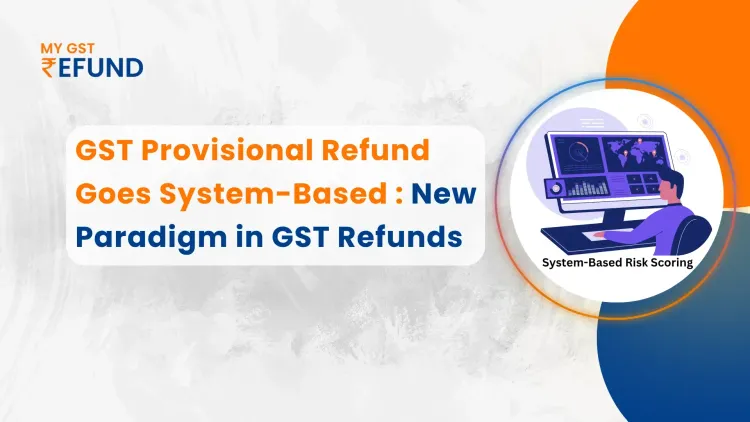Delhi HC Slams GST Compliance: Denying Refunds Unfair
Published on: Thu Jan 11 2024
Bio (Reveal/Hide)

The Delhi High Court has made a significant ruling that could have broad implications. They have determined that refusing a taxpayer's Input Tax Credit (ITC) refund solely based on unauthenticated documents is considered "procedurally unfair". This judgment throws a lifeline to businesses grappling with the complexities of GST compliance, and raises red flags for authorities over stringent document requirements.
The case centered around Mariya Paliwala, a taxpayer whose ITC refund claim was rejected by the GST authorities on the grounds of missing authenticated documents. However, the crux of the matter lay in a technical glitch within the online system itself. While Paliwala had uploaded the necessary documents, a system malfunction prevented their registration.
Justice Sanjeev Sachdeva and Justice Ravinder Dudeja, the presiding judges, recognized this technical error as a critical factor. They emphatically stated that penalizing the taxpayer for a system issue was "unjust and in violation of the principles of natural justice." Furthermore, they highlighted the unfairness of relying solely on certified documents without considering the existence of the uploaded copies and the technical malfunction.
This verdict holds significant weight for various reasons
Impact on Businesses: This court order provides a powerful precedent for businesses facing similar rejections of their ITC refund claims based on missing or unauthenticated documents. They can now leverage this judgment to challenge such decisions, especially when technical glitches are involved.
Rethinking Compliance Rigidity: The Delhi HC's judgment urges the GST authorities to reassess their rigid adherence to certified documents as the sole criterion for claim validation. It emphasizes the need for a more flexible approach that considers the genuineness of the claim and acknowledges technical hiccups that might lead to unauthenticated documents.
Focus on Fairplay: The ruling underlines the importance of upholding fairness and transparency within the GST framework. It reminds authorities that denying refunds without allowing the taxpayer to address concerns like technical errors is a violation of their right to be heard and submit evidence.
Beyond This Case: This specific case is not an isolated incident. Statistics reveal that a significant number of refund claims are rejected each year due to technical glitches and the insistence on certified documents. In 2022-23 alone, over 1 lakh claims were rejected on technical grounds, amounting to an estimated Rs. 30,000 crore in disputed refunds.
The Delhi HC's verdict calls for a multi-pronged approach:
Improved IT Infrastructure: The GST authorities must prioritize upgrading their IT systems to minimize technical glitches that hinder document submission and processing.
Flexible Document Verification: Implementing alternative avenues for document verification, such as accepting digital signatures or time-stamped copies alongside physical submission, can cater to situations where technical issues arise.
Taxpayer-Friendly Environment: Fostering a more taxpayer-friendly environment requires acknowledging their concerns, providing accessible communication channels, and adopting transparent procedures for grievance redressal.
The Delhi HC's decision marks a significant step towards fostering a fairer and more efficient GST compliance ecosystem. By prioritizing both technical upgrades and procedural flexibility, the authorities can strive to ensure that genuine refund claims are not unjustly denied, paving the way for a smoother and more equitable tax regime for businesses across India.
Related Posts





